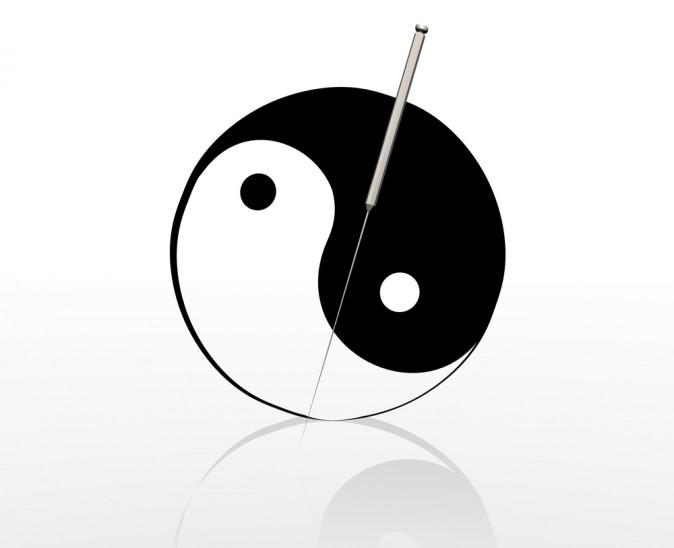The word “acupuncture” evokes images of thin, tiny needles pricked onto the skin for treatment, but Dr. Shengxiong Jing has mastered many types of needle healing, including using a needle up to 70–80 centimeters long to pierce entirely through the injured body part.
Techniques like these have almost failed to be passed down, but Jing, called the “King Hand” of Monaco, is one of the three acupuncturists who have mastered this skill and are capable of treating with this technique, called the “real feel” needle.

